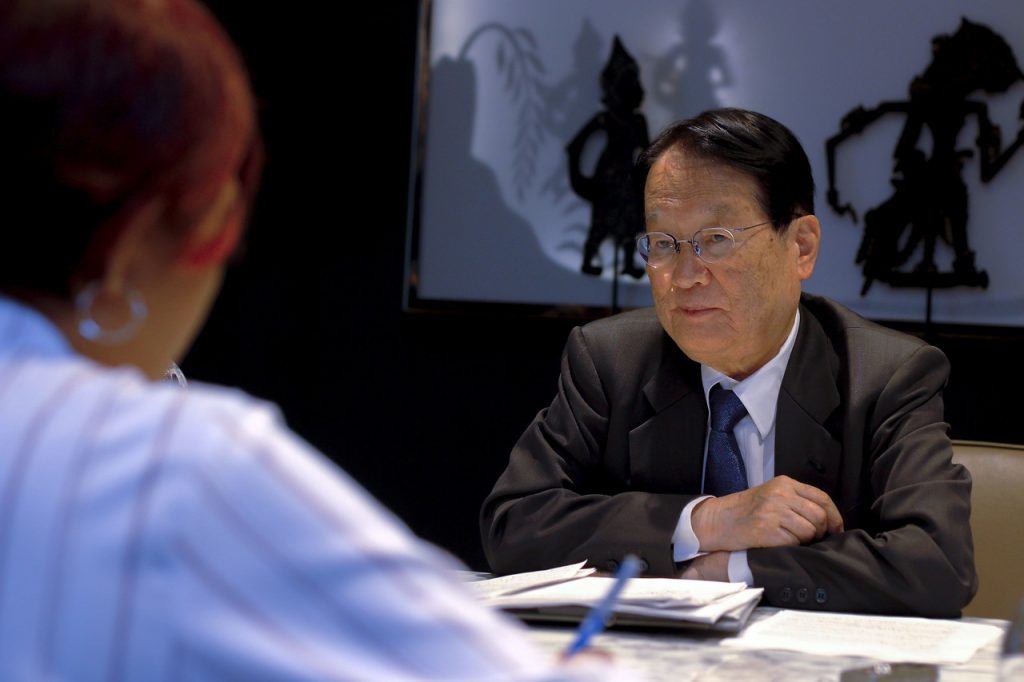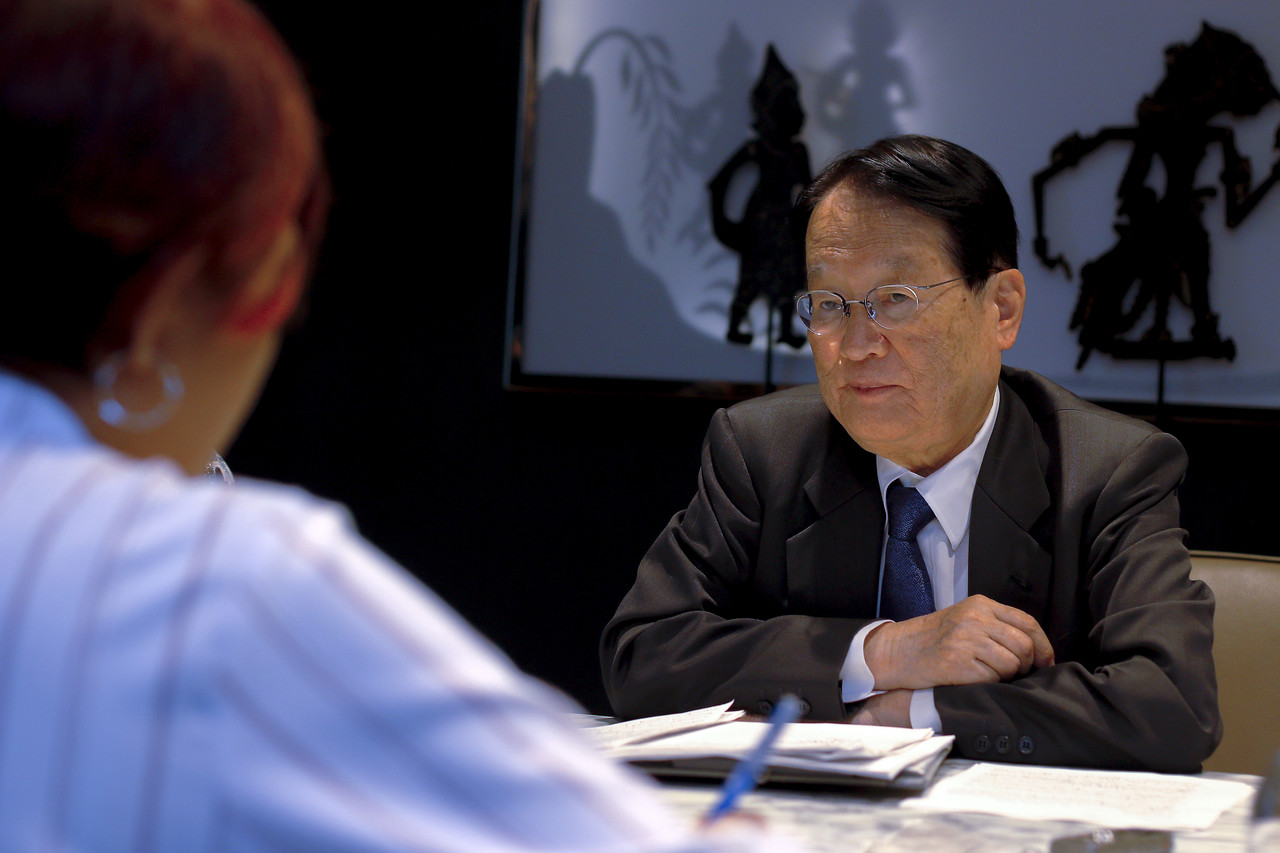By Voon Miaw Ping

KUALA LUMPUR, Dec 13 (NNN-BERNAMA) – Member states of the Association of Southeast Asian Nations (Asean) stand to benefit as Japan seeks to further enhance its defence cooperation with the regional grouping through the Vientiane Vision 2.0, said former Japanese Defence Minister Satoshi Morimoto.
He said Vientiane Vision 2.0, which was just launched last month (Nov 2019), also illustrated Japan’s recognition of the growing importance of the Southeast Asian region.
“Tokyo is keen to play a more proactive role in strengthening its bilateral relations with Asean through defence cooperation, and in the long term contribute to the prosperity, stability, security of this region,” he told Bernama in an exclusive interview, here, recently.
Morimoto, who is also a defence policy specialist and Chancellor of Takushoku University in Tokyo, is currently on a lecture-tour to Malaysia, Indonesia and Vietnam.
Vientiane Vision 2.0, which was launched by Japan’s Defence Minister Taro Kono during the ASEAN-Japan Defence Ministers’ Meeting in Bangkok in November 2019, is an updated version of the Vientiane Vision launched in 2016.
Vientiane Vision 2.0 seeks to deepen Asean-Japan defence cooperation through three priority areas namely ensuring rule of law, strengthening maritime security, and enhancing cooperation in dealing with non-traditional threats.
Morimoto said the focus of Vientiane Vision 2.0 includes the transfer of defence equipment and infrastructure, human resource education and development in defence sector, and training and joint defence exercise with Asean partners.
On another development, he said Asean member states need to be concerted in protecting and enhancing maritime security in the highly contested waters of the South China Sea.
Against the backdrop of China’s growing presence in the waters, he said that maintaining the neutrality of the South China Sea is paramount to peace and security, not only to Asean but also to its neighbours at large.
He added that all claimants concerned in the disputed waters should abide by the rule of law and the United Nations Convention on the Law of the Sea (UNCLOS) in resolving the conflict.
“I believe that what is crucial is all states must work in ensuring that the South China Sea is safe and stable, and free for maritime navigation to all,” he said.
Besides claimants from Asean states namely Brunei, Malaysia, the Philippines and Vietnam, the territorial dispute in the South China Sea also involves China and Taiwan.
But recent years saw China’s increasing presence in the area, including through the building and expanding of artificial islands as well as increasing its military presence.
–NNN-BERNAMA






